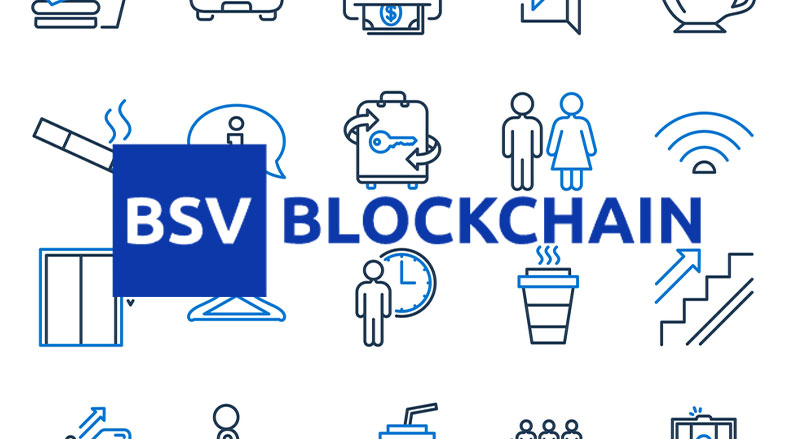Aly Madhavji functions as MD at Blockchain Founders Fund, senior blockchain fellow at INSEAD and consultant to the United Nations on emerging technologies. During a Family Office Investment Summit in Dubai, Madhavji participated in a panel discussion on Partnerships for Public Good where he spoke about various UN and NGO projects employing blockchain technology to improve services for people in different countries.
Improving remittances, identity verification, ESG, economic upliftment, people competence, trade finance and elections with blockchain
Madhavji’s team has done thousands of hours of research on how blockchain can be applied to improve public services. Specifically looking at the MENA region, they recognised a few very important opportunities.
Cheap remittances on the BSV blockchain
One was remittances: how to bring down the cost of remittances to below 3%, which is one of the U.N. Sustainable Development Goals. The region has a vast number of migrant workers, and for them, small dollar remittances come at a cost of as high as 10 or 20%.
With the BSV blockchain’s abililty to process transactions for tiny fees (consistently less than a hundredth of a US cent for payment transactions), it’s the ideal technology to make cheap remittances a reality.
Identity verification with blockchain
Another big issue that the MENA region faces, as well as sub-Saharan Africa, is the problem of identity verification. Over 1.1 billion people are either unbanked or don’t have a government-issued identity, which cuts them out of the financial system.
Madhavji notes that the MENA region has a very high degree of 3G penetration. With access to data communications, a lot of initiatives are looking at how to pair facial recognition technology with a blockchain layer to issue identities in a more efficient and rapid way, especially where governments are struggling to uphold their duty of being able to provide these for their citizens.
ESG with blockchain
‘There’s a number of different ways you can impact the environment using blockchain,’ Madhavji states. The tracking of pollution or carbon emission is one example: ‘I know of some major projects and Eastern European governments that are doing projects related to carbon trading. Such a concept is a perfect use case for blockchain.’
Madhavji uses the agricultural sector as another example: ‘When you look at agriculture, which is vital to our wellbeing, but contributes to environmental damage in ways, there are a number of actions that can be taken to reduce pollution once you’re able to track it effectively.’ Once again, blockchain’s immutable ledger makes it the perfect technology to employ.
Securing people competency and accreditation with blockchain
From a government or public sector standpoint, Madhavji sees education as one of the best blockchain use cases. ‘Most governments deliver this extremely important service, but when you look at credentials from universities and other institutions, fake or inaccurate credentials is a very common problem.’
Madhavji references cases like the discovery of false degrees in the bio of Yahoo’s CEO Scott Thompson in 2012, and in 2007, an MIT Dean of Admissions who resigned when it came to light she had lied about her degrees on her application.
Blockchain also plays a very important role at INSEAD, the business school Madhavji represents. ‘We’ve actually got all of our credentials for our students on our blockchain already.’
Trade finance on blockchain
Madhavji sees trade finance as another important use case. ‘Every single government is continually looking for ways to make capital available to small and medium businesses.’ Within the banking system, mergers and acquisitions of these SME’s are occurring across the MENA region. And so, governments and banks are trying to assess these companies to create accurate credit scores to base their contracts on and effectively pay out, sometimes in real-time. Blockchain can be a very valuable layer to do both the credit scoring as well as payments.
Fraud resistant elections with blockchain
Madhavji sees elections as another opportunity for improving public services with blockchain. ‘In recent years, United States presidential elections have created tremendous controversy due to accusations of vote rigging. In response, people have asked why the USA hasn’t gotten around to implement a blockchain-based voting system to make the elections transparent.’ Although he admits that the jury is still out on whether a major government would be eager to implement such a fraud-resistant system, the United States Post Office filed a patent for a blockchain-based voting system in 2020.
‘It’s quite exciting that state entities are starting to understand blockchain’s potential for creating a secure and private voting system by putting a firewall between a voter’s identity and their vote,’ Madhavji says.
